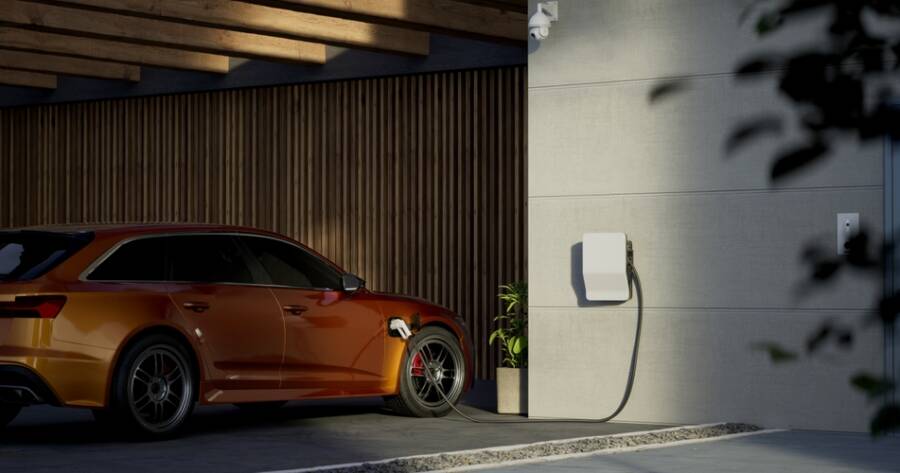Drivers today face more options than ever when it comes to choosing environmentally friendly vehicles. Both electric and hybrid cars promise lower emissions and reduced fuel costs, but the right choice depends on lifestyle and driving habits. While electric cars run entirely on battery power, hybrids blend gas and electricity for flexibility. Understanding the trade-offs between convenience and performance helps drivers make informed decisions that align with their budgets, routines, and long-term goals.
Understanding the Basics of Electric Vehicles
Electric vehicles (EVs) run entirely on battery power, meaning no gas is required. They must be recharged through a home charger or public station, which typically takes longer than a traditional refuel. However, EVs offer a smooth, quiet ride with instant torque and significantly lower emissions compared to gas-powered cars.
For drivers with short commutes or access to reliable charging, EVs can be an ideal fit. The reduced maintenance is another benefit—fewer moving parts mean fewer repairs. While initial purchase prices can be higher, many EVs qualify for tax incentives, which help offset costs. Over time, lower fueling and maintenance expenses make EVs a practical long-term investment.
How Hybrid Cars Bridge the Gap
Hybrid cars combine a traditional gas engine with an electric motor, switching between the two depending on conditions. This flexibility eliminates concerns about running out of battery power, making hybrids appealing for longer drives or areas with limited charging infrastructure.
Hybrids are also easier for many drivers to transition into since they feel similar to conventional cars. They provide improved fuel efficiency, especially in city driving where electric mode is used more often. While they don’t deliver the same emission reductions as fully electric vehicles, hybrids still offer a more eco-conscious choice than standard gas cars without requiring significant lifestyle changes.
Cost Considerations and Long-Term Savings
Upfront cost is often the biggest difference between electric and hybrid cars. EVs typically have a higher sticker price, although government incentives and rebates may help balance this out. Hybrids usually fall in a more moderate price range, making them accessible to a wider range of budgets.
When looking at long-term ownership, EVs tend to win in savings. Electricity is cheaper per mile than gas, and maintenance costs are lower due to fewer parts. Hybrids still offer financial benefits compared to conventional cars, but may require more upkeep since they have both a gas engine and electric components. Evaluating both short- and long-term costs is essential before deciding.
Convenience and Lifestyle Fit
Daily routines play a large role in choosing between electric and hybrid vehicles. EVs are best for drivers who have access to charging stations at home or work and typically take shorter trips. Hybrids may be better for those who travel frequently or live in areas with fewer charging options.
Charging infrastructure is expanding, but availability still varies by location. For some, the ability to fuel up quickly at any gas station makes hybrids the more convenient choice. On the other hand, drivers who rarely exceed their car’s range can enjoy the simplicity of never visiting a gas station again with an EV. Lifestyle alignment is key to long-term satisfaction.
Environmental Impact and Future Potential
Both EVs and hybrids contribute to reducing emissions, but electric vehicles generally have a stronger long-term environmental impact. With no tailpipe emissions, EVs help cut air pollution, especially in dense cities. As electricity grids continue to adopt renewable energy, the sustainability benefits of EVs will only increase.
Hybrids serve as a transitional option for drivers not yet ready to fully commit to electric power. While not as green as EVs, they still reduce fuel consumption and emissions compared to gas-only cars. For many families, hybrids provide a stepping stone toward a more sustainable future without requiring major lifestyle adjustments.
Driving Into Tomorrow
Choosing between an electric or hybrid car comes down to budget, access to charging, and lifestyle needs. Both options offer meaningful steps toward greener driving, with hybrids providing flexibility and EVs offering maximum sustainability.
The decision is less about one being better than the other and more about which aligns with how you live and drive. As technology advances, both will continue to evolve, giving drivers more efficient, eco-friendly choices than ever before.

